At the end of last September, OpenAI released Sora 2, a video-generation tool powered by AI capable of creating high-resolution, short clips. The use of Sora 2 by the open public opened the floodgates on social media, with videos generated by Sora 2. Among them were several depicting copyrighted characters from popular manga and anime such as Pokémon, Dragon Ball, and Mario.
The issue of copyright infringement was raised by Minoru Kiuchi, Minister of State for Intellectual Property Strategy and AI Strategy, during a press conference by the Japanese Cabinet Office on October 10.
“Anime and manga are irreplaceable treasures that we can be proud of around the world,” said Minister Kuichi. “We have requested OpenAI not to engage in any actions that could constitute copyright infringement.”
The request was reportedly made online by the Cabinet Office’s Intellectual Property Strategy Promotion Secretariat, according to itmedia.
 Minister of State for Special Missions, Cabinet Office Minoru Kiuchi (from the press conference video)
Minister of State for Special Missions, Cabinet Office Minoru Kiuchi (from the press conference video)Member of the House of Representatives Akihisa Shiozaki highlighted the dissimilarity of results when trying to use American characters instead of Japanese characters in Sora 2’s prompt in a blog post on August 5.
“When I tried inputting a prompt into Sora 2, it generated a succession of images of popular anime characters with such high quality that it was indistinguishable from the real thing,” Shiozaki wrote. “However, for some reason, characters whose rights are owned by major American companies, such as Mickey Mouse or Superman, did not appear. This is clearly an imbalance and a serious problem under copyright law.”
In his post, Representative Shiozaki also asked for the Japanese government to take action.
“If the situation does not improve, we should consider exercising the investigative powers under Article 16 of the AI Promotion Act enacted in 2025 and requesting an explanation of Sora 2’s basic specifications, filtering measures, and track record of deletion responses,” Shiozaki wrote.
Article 16 of the AI Promotion Act says that the Japanese government may “analyze cases in which citizens’ rights or interests have been infringed upon through research, development, or utilization of AI-related technology conducted for improper purposes or by inappropriate methods, and consider countermeasures based on those analyses.”
 OpenAI CEO Sam Altman. Photo by: Kyle Grillot/Bloomberg via Getty Images.
OpenAI CEO Sam Altman. Photo by: Kyle Grillot/Bloomberg via Getty Images.On October 3, Sam Altman announced policy changes in a Sora 2 update. One was the given choice” if [rightholders] want the ability to specify how their characters can be used (including not at all). We assume different people will try very different approaches and will figure out what works for them. But we want to apply the same standard towards everyone, and let rightsholders decide how to proceed.”
And Altman made a point to mention “in particular, we’d like to acknowledge the remarkable creative output of Japan–we are struck by how deep the connection between users and Japanese content is!”
 From Member of the House of Representatives Akihisa Shiozaki blog post
From Member of the House of Representatives Akihisa Shiozaki blog post“It is clear that the company’s policy change was based on strong concerns expressed by Japan. I believe that this change in attitude was only possible thanks to the persistent efforts of those involved and the trust that has been built up over the years,” said Representative Shiozaki in his August 5 post when commenting on OpenAI’s policy change.






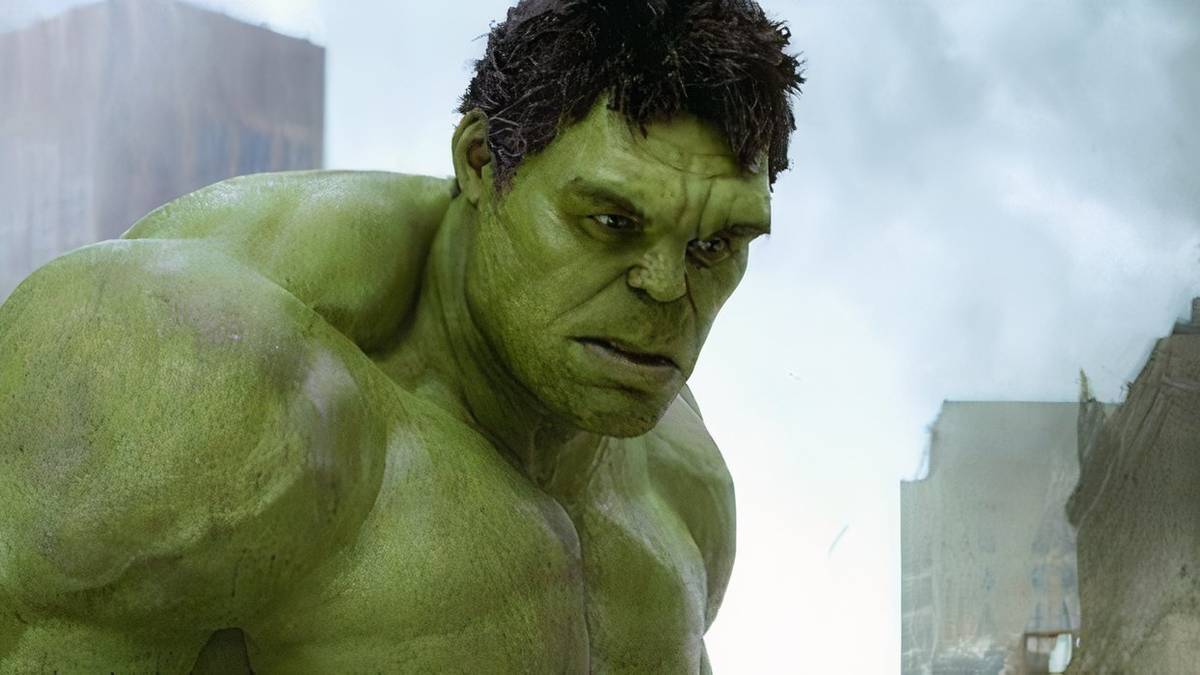

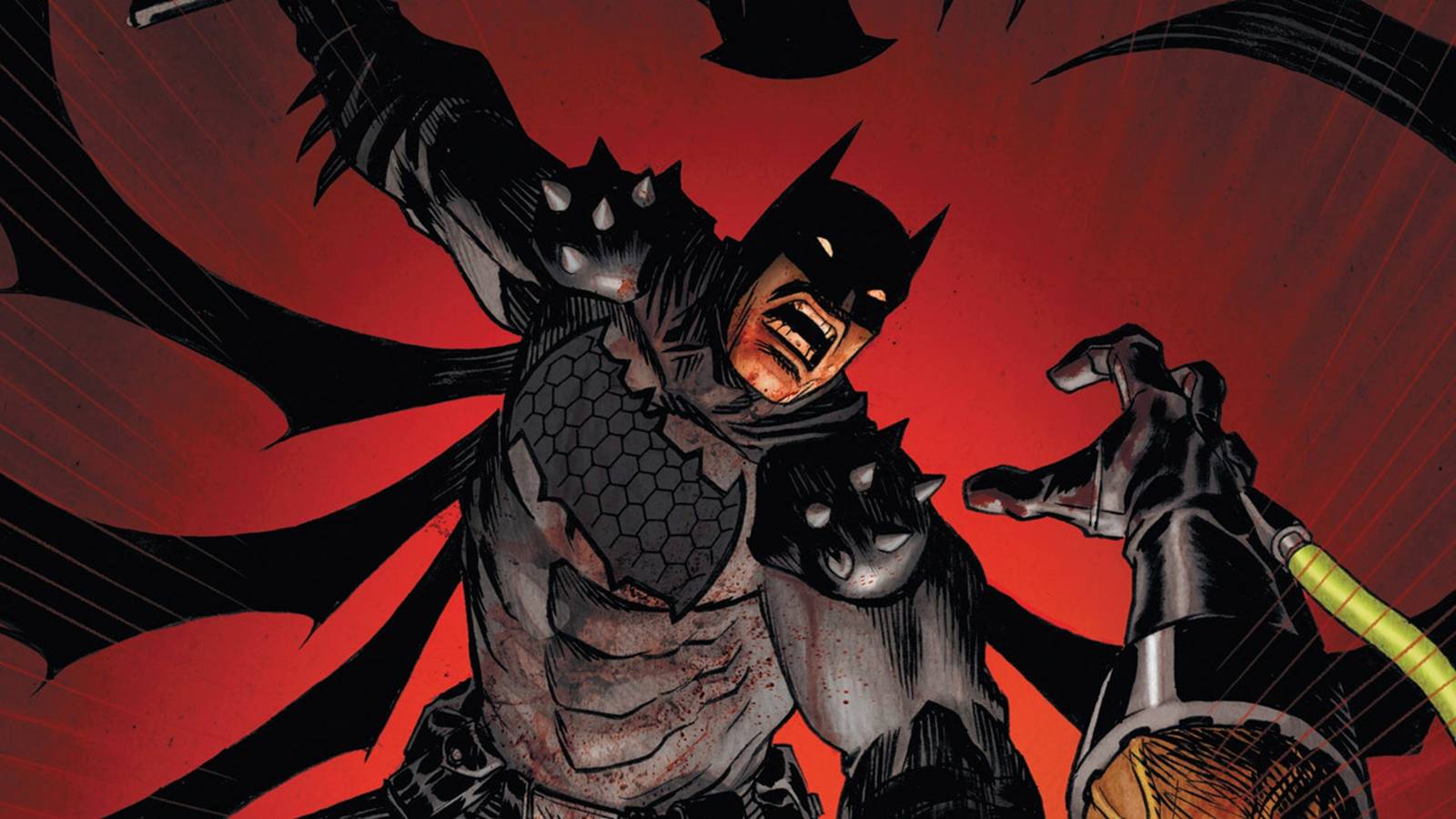
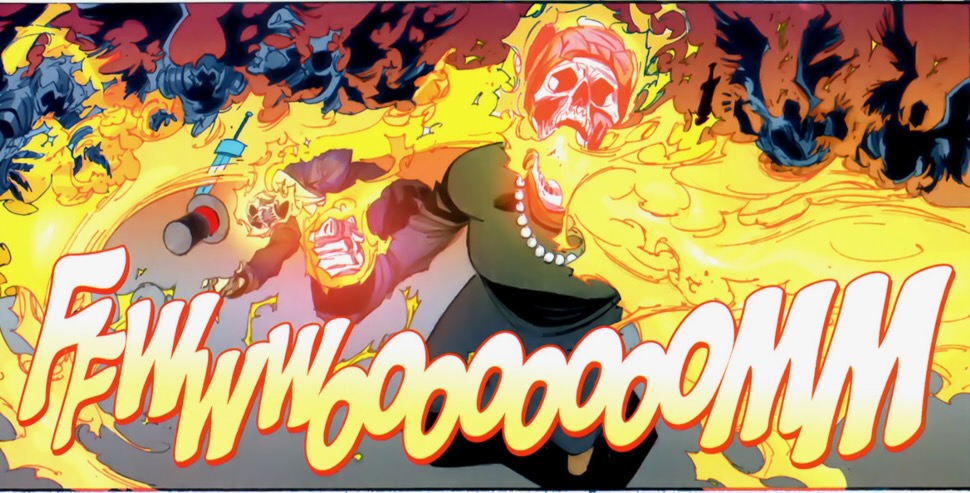
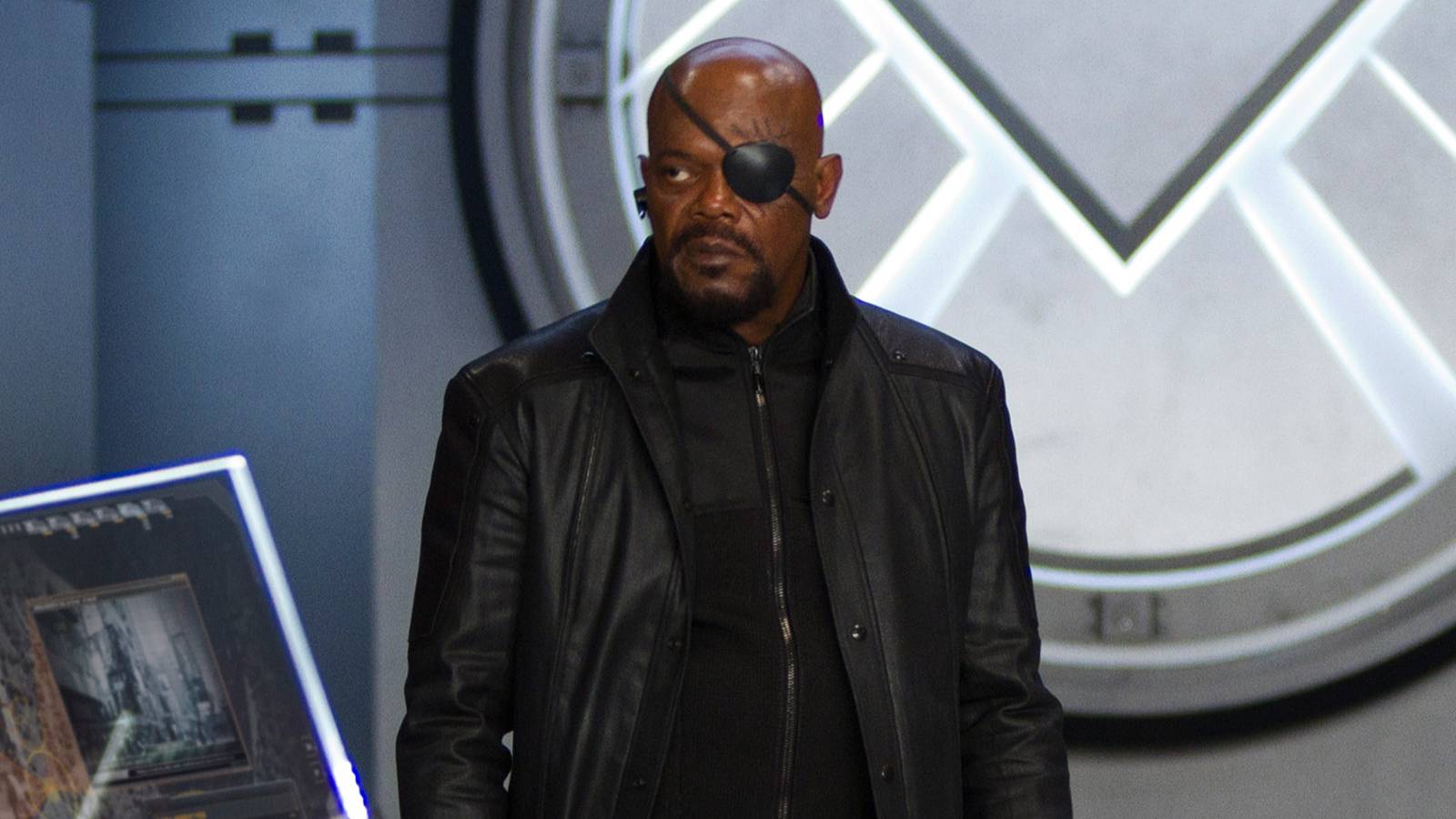



![Ghost of Yōtei First Impressions [Spoiler Free]](https://attackongeek.com/wp-content/uploads/2025/11/Ghost-of-Yotei.jpg)



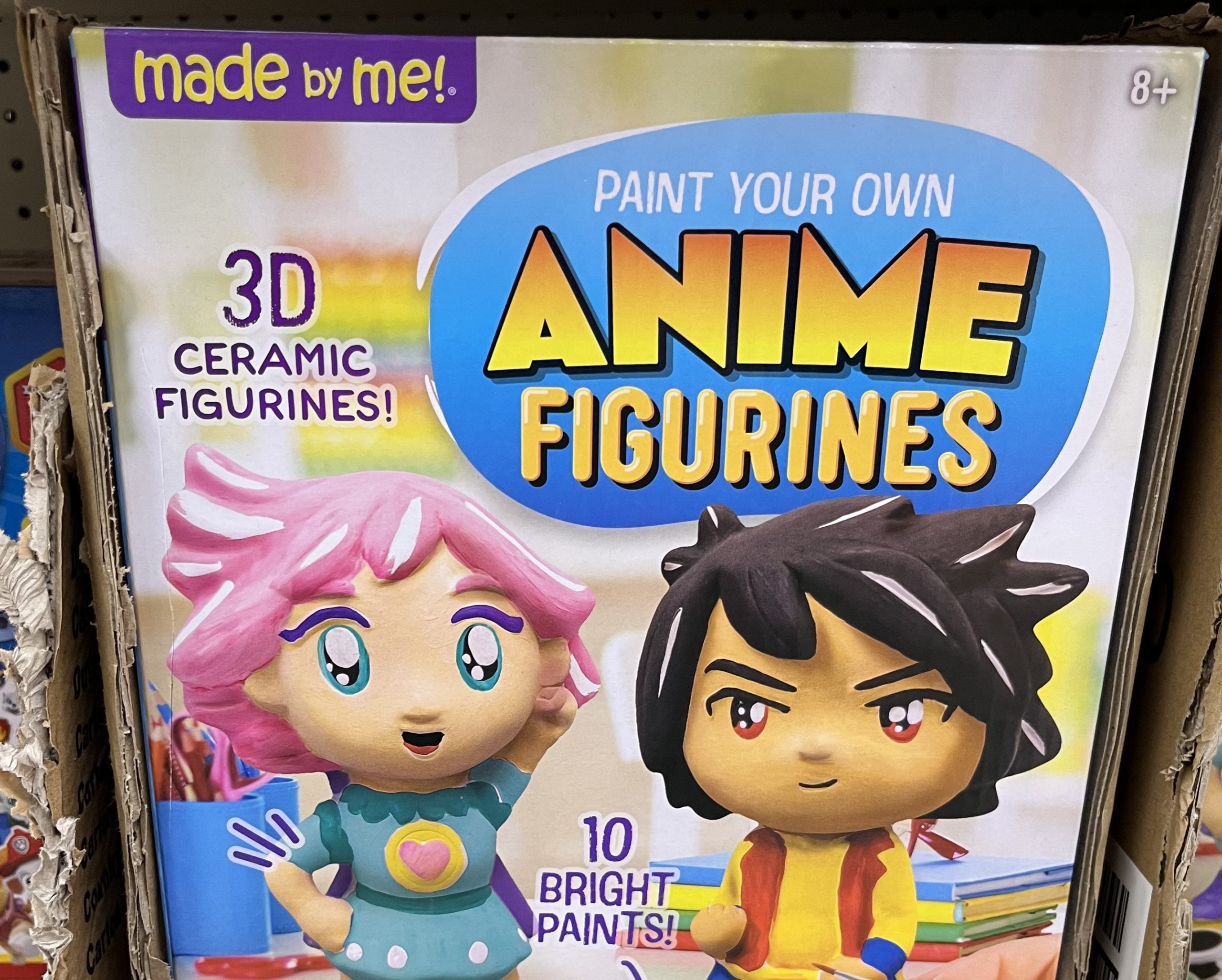
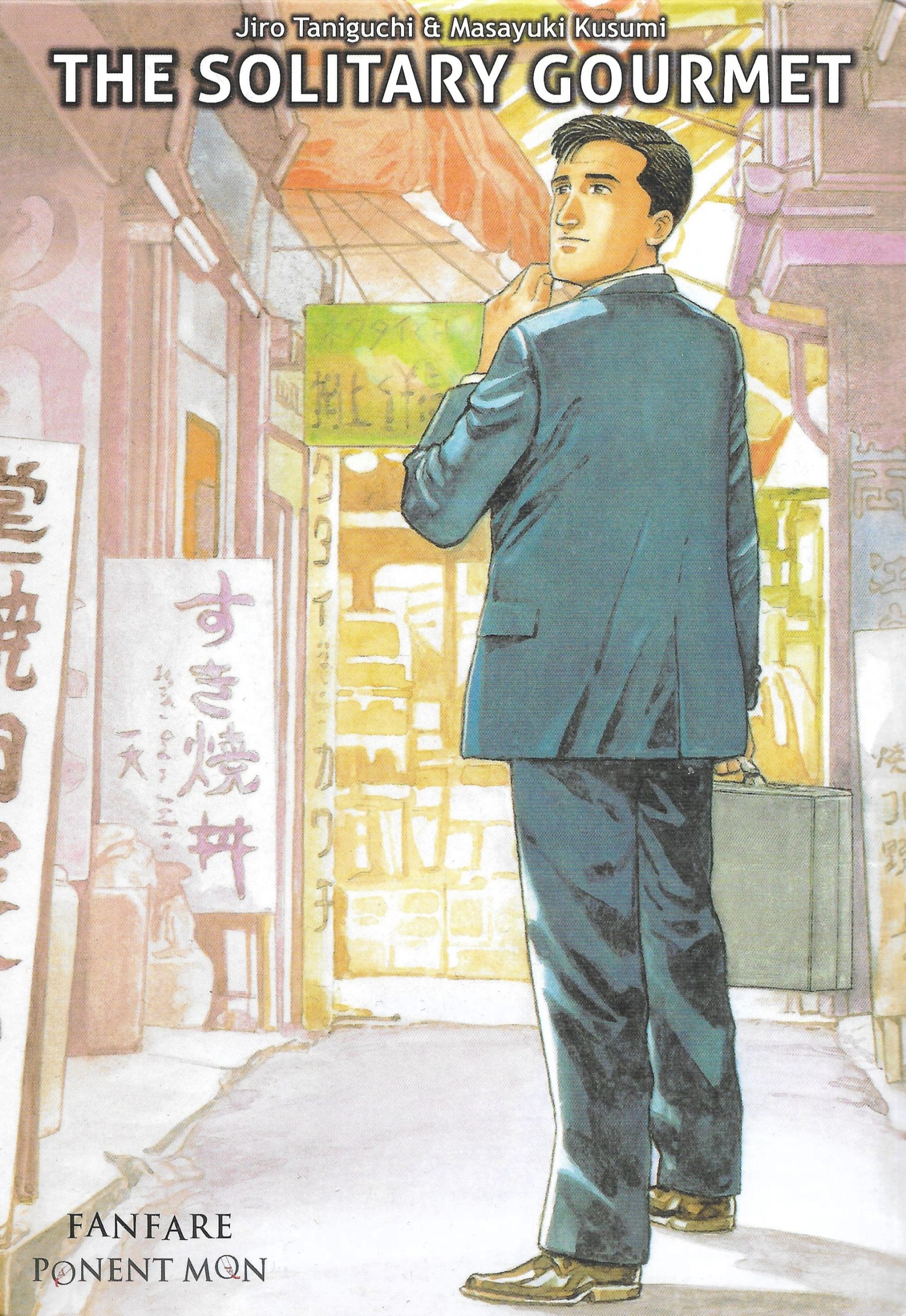
 English (US) ·
English (US) ·